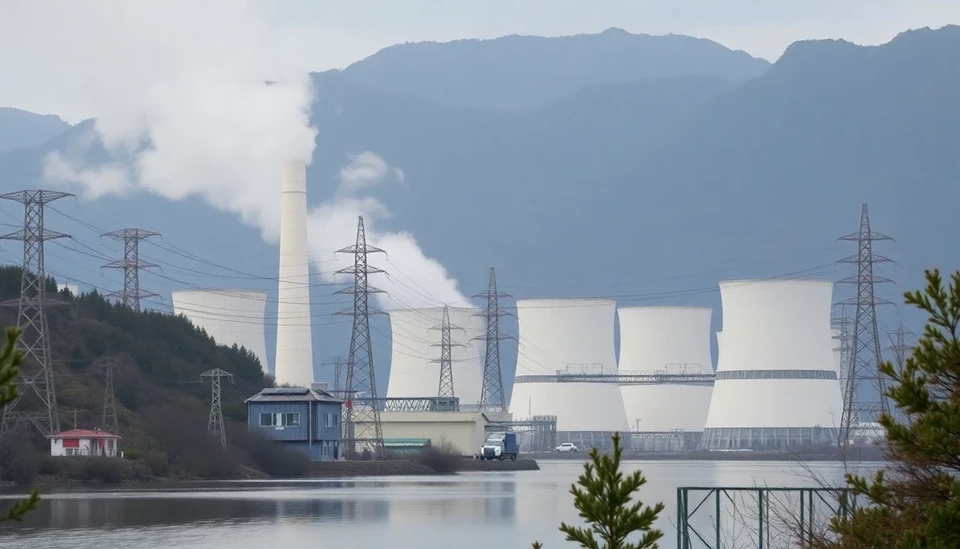
In the bustling atmosphere of San Francisco, the recent BloombergNEF Summit spotlighted crucial developments within the clean energy sector. Industry leaders and innovators gathered to discuss emerging technologies, sustainable practices, and the global transition towards green energy solutions that can meet the world’s growing demands while combating climate change.
Throughout the summit, several pivotal themes emerged that encapsulate both the challenges and opportunities facing the industry. Below are four key points that stood out during the discussions among experts:
The Rise of Energy Storage Technologies
One significant highlight of the summit was the progress in energy storage technologies. As renewable energy sources like solar and wind generation continue to expand, the demand for efficient energy storage solutions has skyrocketed. Experts emphasized the importance of battery technologies, noting that advancements in lithium-ion batteries are making them more affordable and accessible.
Participants discussed how innovations in energy storage not only enhance grid stability but also allow for more effective integration of renewable energy sources. They foresee this sector bolstering energy resilience, particularly as the world moves toward electrification and decarbonization of various industries.
Government Policies and Incentives Shaping the Future
The second focus of the summit was the role of government policies in fostering a sustainable energy future. Panelists debated on the effectiveness of fiscal incentives, subsidies, and regulatory frameworks that can catalyze private investment in clean technologies. The consensus was that supportive policy measures are essential for stimulating momentum within the green energy market.
Several speakers highlighted recent policy shifts aiming to promote clean energy initiatives, including updated tax credits and renewable portfolio standards that encourage a transition away from fossil fuels. They argued that cohesive and long-term strategies at both the national and international levels are necessary to achieve meaningful climate targets.
Collaboration Across Sectors
Another critical area of discussion was the need for collaboration across various sectors to accelerate energy transition. Leaders from different industries underscored that cooperation between technology companies, utility providers, and regulatory bodies is vital for innovating solutions that drive sustainability.
Case studies presented during the summit illustrated successful partnerships that have led to impactful projects, showcasing how shared resources and expertise can optimize the implementation of clean energy technologies. This collaborative approach is seen as crucial for addressing the complex challenges posed by the climate crisis.
The Growing Importance of Carbon Management
Finally, the emphasis on carbon management strategies underscored the urgency of addressing greenhouse gas emissions. With increasing pressure to net-zero emissions, discussions revolved around carbon capture and storage technologies as well as broader carbon credit systems.
Experts posited that effective carbon management will complement efforts to transition to renewable energy and is essential for industries that are challenging to decarbonize. The adoption of comprehensive carbon management plans will not only mitigate environmental impact but also enhance corporate social responsibility.
As the summit wrapped up, it was clear that while pathways to a sustainable energy future may be fraught with challenges, the collective insights gathered during this event bring optimism. Engaging industry leaders and policymakers in dialogue is an essential step towards creating a cleaner, more resilient energy landscape for generations to come.
#BloombergNEF #CleanEnergy #SustainableSolutions #EnergyStorage #NetZero #CarbonManagement #ClimateAction
Author: Peter Collins
